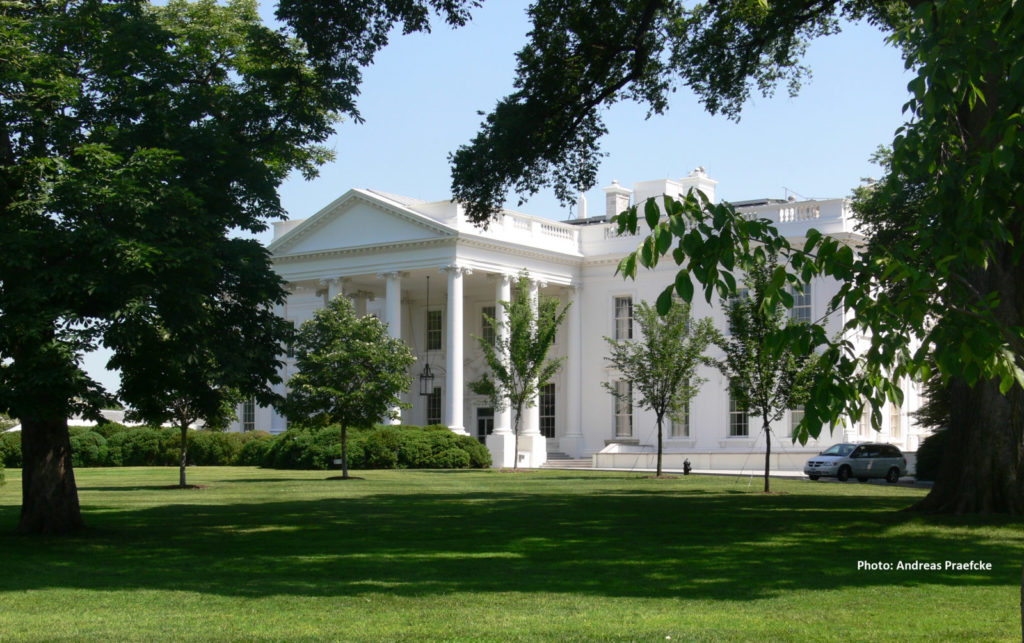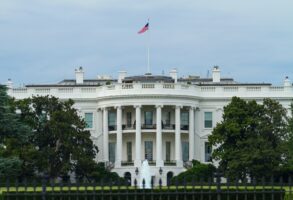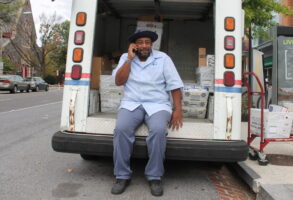
Published September 26, 2022
On September 26, 2022, EPPC Fellow Rachel Morrison filed a “friend-of-court” brief in the Supreme Court in support of a petition asking the Court to hear a case involving the proper legal standard for when employees should receive religious accommodations in the workplace.
The case involves a former USPS employee who holds uncontested sincere religious beliefs about resting, worshiping, and not working on his Sunday Sabbath. Despite his religious accommodation request to not work on his Sabbath, his employer continued to schedule him to work on Sundays and disciplined him when he did not show up.
Under Title VII, employers are affirmatively required to “reasonably accommodate” an employee’s religious beliefs, observances, and practices unless the accommodation would pose an “undue hardship on the conduct of the employer’s business.” A 1977 Supreme Court case defined “undue hardship” as merely “more than a de minimis cost.” Under that standard, those whose religious beliefs prohibit them from working on one day of the week are severely restricted in their employment opportunities. Demonstrating more than a de minimis cost is a low bar for employers to meet and a lower bar than Title VII imposes.
The brief argued that Title VII provides vital religious accommodation protections and requires a higher standard than the more than a de minimis cost standard for denying religious accommodation requests. The brief was filed on behalf of a former General Counsel of the Equal Employment Opportunity Commission (EEOC), Sharon Fast Gustafson, and EPPC’s Rachel Morrison, also a former EEOC employee and an expert on religious accommodations.
A summary of their argument is below:
This case raises the issue of whether the “more than a de minimis cost” standard articulated by the Court in Trans World Airlines, Inc v. Hardison, is the proper construction of “undue hardship” in Title VII of the Civil Rights Act of 1964.
Under Title VII, when a workplace rule violates an employee’s sincerely held religious belief, an employer must reasonably accommodate the employee’s religious belief if it can do so without undue hardship to the employer’s business. Despite Title VII’s broad protections for religious accommodations, the Court in Hardison “effectively nullified” those protections by defining “undue hardship” as merely “more than a de minimis cost.” This definition is non-textual and widely criticized, including by Justices and judges. Under Hardison, employers feel safe to deny religious accommodation requests because they can easily demonstrate a cost that is slightly more than de minimis and judges are compelled to affirm such denials.
Without intervention by the Court, Hardison will continue to effectively nullify the vital religious protections guaranteed by Title VII to Petitioner Groff and other employees, especially religious minorities, requesting religious accommodations. The Court should grant the petition.
Read the entire document below.
No.-22-174-ac-Former-EEOC-General-Counsel-EtAl.pdfA_Rachel N. Morrison is a Fellow at the Ethics and Public Policy Center, where she works on EPPC’s HHS Accountability Project. An attorney, her legal and policy work focuses on religious liberty, health care rights of conscience, the right to life, nondiscrimination, and civil rights.
Rachel N. Morrison is a Fellow at the Ethics and Public Policy Center, where she directs EPPC’s HHS Accountability Project. An attorney, her legal and policy work focuses on religious liberty, health care rights of conscience, the right to life, nondiscrimination, and civil rights.











